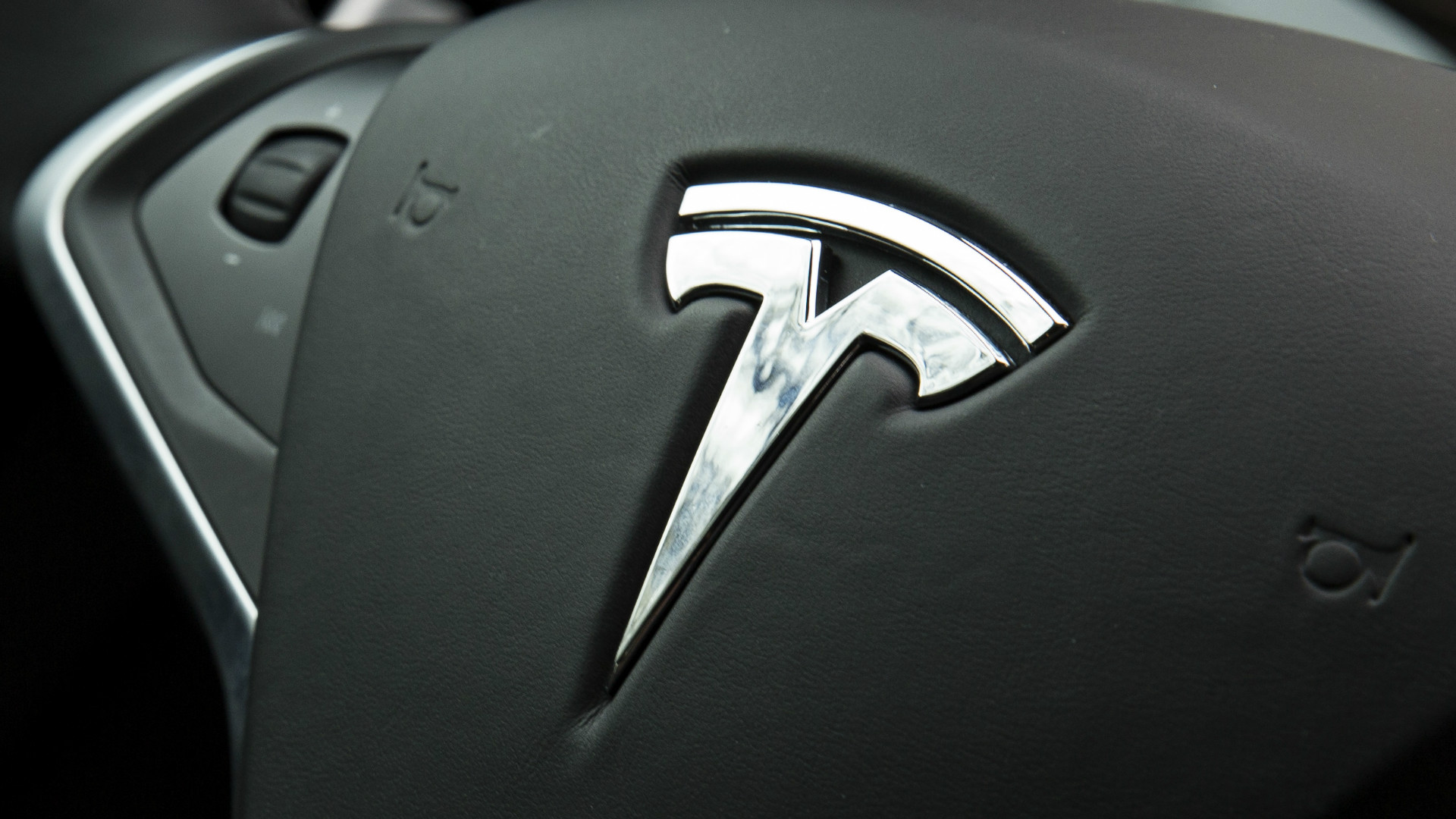

As of Monday, you can no longer buy a Tesla with seats made from ol’ cowhide. Green energy vehicle specialists at Electrek noticed that any and all allusion to leather interiors disappeared from Tesla’s online configurators over the weekend. Instead, a new synthetic leather is offered as part of a new premium interior package.
The option started as a Model X-clusive (heh) before later spreading to the Model S P100D, and now, it is available for the entirety of Tesla’s lineup. While the seats are no longer leather, the steering wheel still is, though the synthetic material is available to customers on request.
As for why leather is being ditched, it’s not just to suit the whims of Napa Valley vegans. The livestock industry (and distributary, the leather industry,) is responsible for more greenhouse gas emissions than all of the transportation sector combined, according to The Guardian. Animal cruelty is not the only concern to buyers of vegan leather; the environment takes precedence for many.
Further upmarket, Bentley too is seeking leather alternatives to please the modern eco-minded consumer. The materials used by Bentley are to be derived from mushrooms and jellyfish, which may be similar to the process Tesla uses to make its own synthetic upholstery.
This change to an as-of-yet unproven faux leather may exacerbate the longstanding criticisms of the company’s interiors. Not only is Tesla stricken with quality control issues, but its interior design has received complaints from customers, who call it “cheap,” even on the company’s official forums. Ars Technica lambasted the plastics as being what one would expect from an economy car, and stated that the interior had a “lack of design flair,” describing it as “almost an afterthought.”
The questionable interior design and quality control issues have not been enough to put off many consumers, however, and the switch to faux leather may yet attract more customers than it repels.